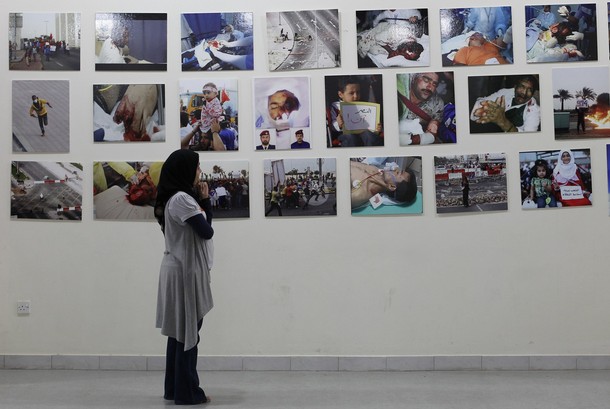It is not the way the scribes of yore would have done it but Iceland is tearing up the rulebook by drawing up its new constitution through crowdsourcing.
As the country recovers from the financial crisis that saw the collapse of its banks and government, it is using social media to get its citizens to share their ideas as to what the new document should contain.
"I believe this is the first time a constitution is being drafted basically on the internet," said Thorvaldur Gylfason, member of Iceland's constitutional council.




Recent Comments